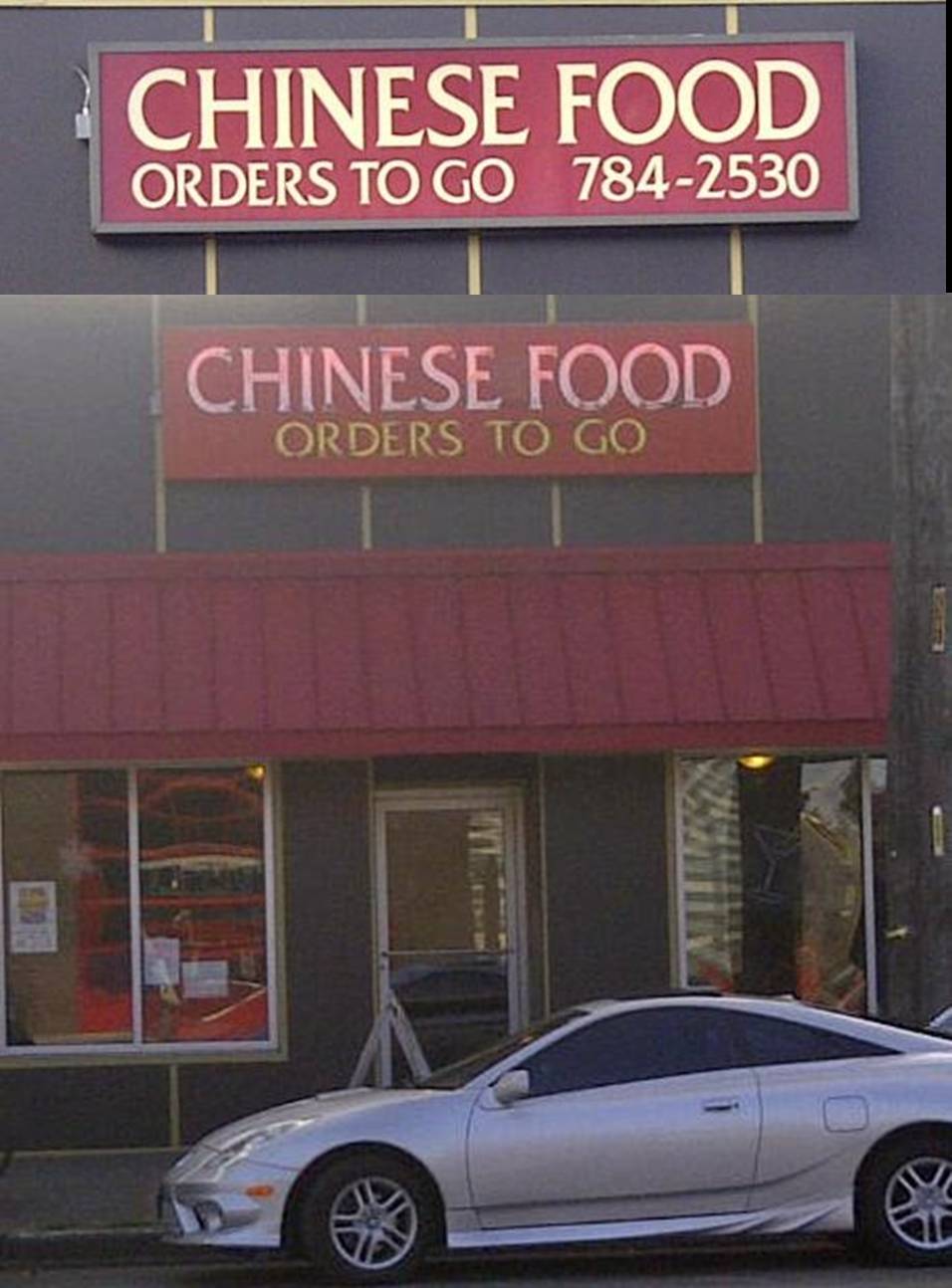Entries in Generic Trademarks (3)
Taco Tuesday Illustrates Need to Enforce Trademark Rights
Taco John’s registered TACO TUESDAY as a trademark in 1989. At the time, that phrase presumably identified Taco John’s as the sole provider of restaurant services in connection with that brand. That’s what a trademark does — it earmarks a particular source as the provider of the branded good or service.
Flash forward 30 years. Now everyone has a “Taco Tuesday” promotion — bars, restaurants, university dining halls, mom’s kitchen. The phrase no longer points to a particular seller; it just means an event: taco night, discounted tacos, taco party.
So what happened? As more providers used the phrase, it stopped uniquely identifying Taco John’s. The mark fell into the public domain and became open for anyone to use. And use, they did.
Undeterred, Taco John’s still tries to claim the phrase for its own. It recently sent a cease-and-desist letter over a “Taco Tuesday” promotion a brewery ran in connection with a nearby taco truck. The press picked up on it, which rightly meant bad press for Taco John’s. I got a few quotes in one article here.
For Taco John’s, it’s too little, too late. Once a mark is generic, it’s always generic. No amount of letter writing or threats of suit (or even actual suits) can breathe life back into a trademark that has become a common word or phrase.
At some point, Taco John’s could have stopped that from happening. If a third-party restaurant used “Taco Tuesday” to promote its taco nights in 1990, 1995, or even 2000, it probably would have been an infringer. That means Taco John’s could have (and, given its current position, should have) gone to court to stop it. Yet, Taco John’s apparently allowed such use to continue. Understandably, when one or two unauthorized uses becomes one or two dozen, enforcement becomes a challenge. However, that’s no excuse. When a trademark no longer identifies the owner, it’s no longer a trademark.
Fortunately, most trademark owners don’t become a victim of their mark’s success. For this reason, Taco John’s is an extreme example. It nonetheless shows what can happen when trademark infringement gets out of control. When a brand no longer functions as a brand, the battle is lost. It’s up to the trademark owner to stop infringement before that happens.
"Chinese Restaurant" New Winner of Seattle's Most Generic Trademark?
 A new winner in the category of Seattle’s Most Generic Trademark?
A new winner in the category of Seattle’s Most Generic Trademark?
Signs advertising “Chinese Restaurant”
in Seattle’s Phinney Ridge neighborhood (Photos by STL)
Spotting generic trademarks is a bit of a sport at STL (see posts here, here, and here).
We’ve found some good ones over the years, but for a minute it looked like we could crown a new champ: CHINESE RESTAURANT for a Chinese restaurant located in Seattle’s Phinney Ridge neighborhood.
At least that’s what its signs say.
Unfortunately, after further investigation, we’ve determined the establishment actually has a name: Greenwood Mandarin Restaurant. Not a terribly distinctive name — given that it’s located on Greenwood Avenue — but still a sizable step up from CHINESE RESTAURANT.
Guess we’ll have to keep looking for a new champ.
Associated Press Uses "iPad" to Discuss the Issue of Generic Trademarks
A Xerox ad asking consumers not to use its brand as a generic
substitute for “copy machine.” (STL post on the ad here.)
The Associated Press ran a good story this weekend about the possibility and ramifications of “iPad” becoming a generic synonym for “tablet.”
I was fortunate enough to lend a quote about the struggle famous brand owners face in wanting their brand to become widely adopted — but not so widely adopted that it becomes generic. “Marketing people want the brand name as widespread as possible and trademark lawyers worry … the brand will lose all trademark significance.”
The story does a nice job of explaining why brand owners sometimes are put in the uncomfortable position of trying to persuade consumers not only to purchase their products, but also not to use their brand in a way the company doesn’t like — as Xerox has done with its branded copy machines.
In the end, I’m not too concerned for Apple. It was right to give the public a generic word to refer to the class of goods in which its product competes: tablets. Perhaps for that reason alone, I don’t see anyone referring to an Amazon Fire tablet as an Amazon Fire “iPad” anytime soon. Still, the article does as good a job as I’ve seen explaining why genericide matters to famous brand owners.